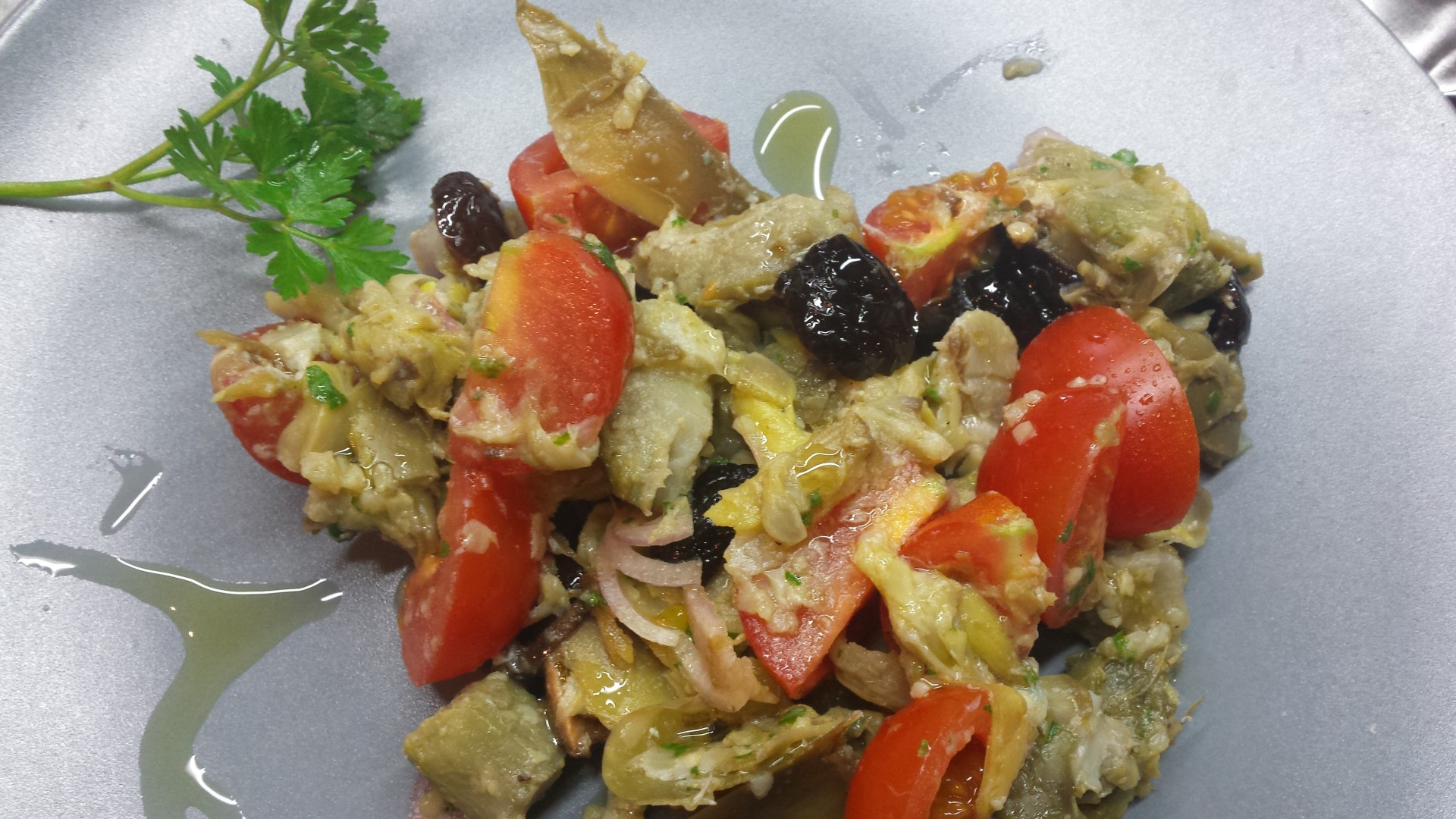Food Porn
Are we all obsessed? What makes us talking, chatting, filming, showing, watching, competing, posting, sharing, criticising, reviewing, basically using all current media and communication tools we have in order discuss food?
Luisa Stagi, a sociologists from Genova University, was presenting her new research, named “The obsession for food in TV and social media” in the InternetFestival took place last month in Pisa.
“The obsession for cooking, for ingredients, for cakes decoration is so common in a society in which most of the people are constantly on diet. This phenomenon is particularly seen on TV shows that are overwhelmed with cooking shows, culinary so-called documentary films, cooks competitions, reality shows, life style and makeover shows”. The last ones are mostly focusing on improving – either if it is your running down restaurant or your running down overweighed body.
Stagi analyze some of the social and cultural changes our society had gone through in the last century, start with the fact that less and less people are “responsible” to their own food due to the abandon of family food self production (like veggies garden, chickens in the yard or even just shopping by the next door farmer) and switching to industrial mass production food. She particularly focuses on the educational role that the TV took and yet takes in our life.
Also the social media is intensively busy with the THE FOOD ISSUE. Again, mentions Stagi, all the range from cooking forums, food bloggers, “what did I cook/eat today” images posted by professional and non, to the opposite extreme of diet & health forums, nutritionists and personal trainers, sort of how to lose in one week all what you have gained in the new recipes you have tried last week.
Stagi does not hesitate to touch sacred cows like Slow Food movement, the BIO trends, the Foodies. She analyse the background that brought to their successes, their role in the society but also suggests that they are already a kind of a main stream that take part of the current politically correct ideas about food production, consumption and presentation. Stagi also discuss food bloggers that “crossed the lines” into their own TV/Net shows, importing into the new media the blogger methods.
All through the book the author goes on the axis of all kinds of interest of food, to all kinds of interest of diets, and discuss the dichotomy between them.
Besides being very actual research that reviews all main TV formats and social media, we get a sociological review about the role of the social media in our life, independently of food. When it comes to food, as we all know, it tends to be more sensual, touchy, intimate. And on the axis of intimacy, we can go all the way to the far pole: Porn. In our case, Food Porn.
FOOD PORN
Luisa Stagi
Ega ed., Italy 2016

